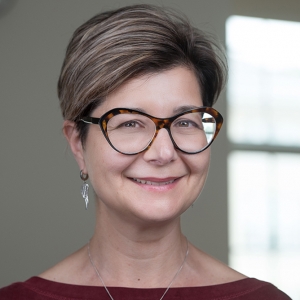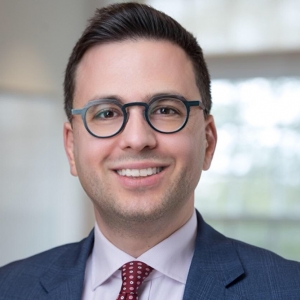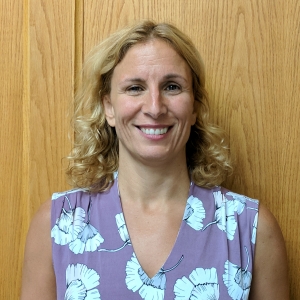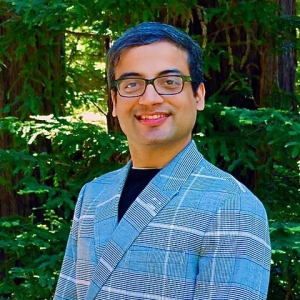Nicole A. Theodosiou, associate professor of biology, recently published an article entitled "Speaking science in a fractured world: making truth land when facts alone cannot" in the journal Development. The article draws on a scenario-based workshop entitled "Truth Matters: Strengthening Science Communication to Counter Misinformation," conducted at the 20th International Congress of Developmental Biology in San Juan, Puerto Rico (June 2025), designed to train scientists in emotionally attuned, culturally responsive and effective communication strategies.
Tommaso Gazzarri, professor of classics, recently took part in the 2025 Annual Meeting of the Classical Association of the Atlantic States (CAAS), where he delivered a paper entitled “The Ethics of Withdrawal: Seneca’s Bonus Civis and the Vestal.” He also chaired a panel titled “Crossing Genres and Eras: Intertextual Threads in Ancient Literature.” Professor Gazzarri is currently serving his second term as a regional director of CAAS.
At the recent Association for University and College Counseling Center Directors Conference, Marcus Hotaling, director of the counseling center, completed his time on the board, serving one year as president-elect, three years as President, and one year as past President. He received the Leighton Whitaker Scholarship Award for an article he co-authored titled "Navigating a Path Forward for Mental Health Services in Higher Education" published in the Journal of College Student Mental Health. He also presented a program entitled "Diversity and Ethics in Supporting Counseling Center Clients' Academic Journeys."
Jennifer Fredricks, professor of psychology, co-authored "Le rôle de l'engagement dans la remédiation cognitive chez les adolescents" in the Textbook of Psychosocial Rehabilitation (2nd edition) with colleagues at Laval University in Quebec. The chapter discusses the role of engagement in cognitive remediation therapy.
Michael Sitvarin, visiting assistant professor of biology, co-authored and published two studies about an invasive spider (Trichonephila clavata) that continues to spread in the US since its introduction over a decade ago.
"Chemical management strategies for the invasive Jorō spider, Trichonephila clavata (Araneae: Araneidae)" provides guidance to homeowners and property managers who want to reduce the abundance of the spider. Various pesticides and household products were tested, and we identify control strategies property owners can consider, with physical removal being the most sustainable practice.
"Keep calm and carry on: bites from Trichonephila clavata are unlikely and cause minimal discomfort" documented the likelihood of the spider biting a person and the resulting impact of that bite. Spiders were very reluctant to bite people, indicating a low risk for those who live in the same area as the spiders. When bites were forced to occur under controlled conditions, pain, redness, swelling, and associated symptoms were mild, localized, and short-lived.
Prateek Arora, assistant professor of economics, co-authored "Spatial consumption risk sharing" which was recently published in the European Economic Review. The paper examines how economic linkages (trade, migration and finance) between U.S. states shape the synchronization of their consumption responses to local shocks, finding that consumption co-movement weakens as geographic distance between states increases.
Submit your news to chronicle@union.edu.




